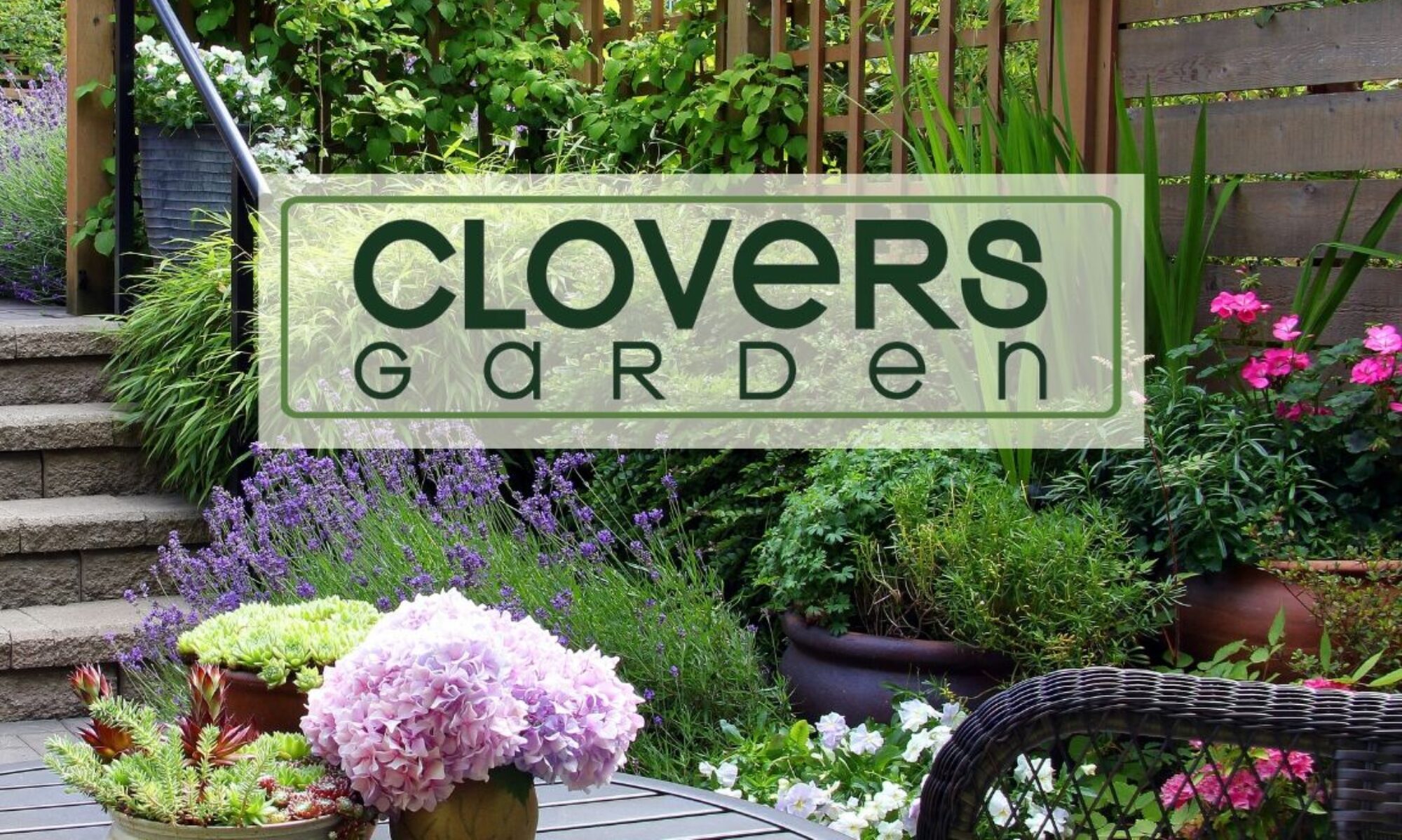Natural pesticides versus chemical pesticides
The use of chemical pesticides in your garden or yard can lead to many unintended consequences. For instance, if you apply a chemical pesticide before a heavy rain most of it will wash away, missing its intended target, and likely end up contaminating and possibly killing critters that are beneficial to the environment. In addition to potentially polluting an area you didn’t intend to spread it to, these treatments are full of harsh man-made chemicals that are not necessarily safe for the environment. This article will explain a few natural pesticides that are not only safe for your plants and critters you do not want to harm a few of them are also completely safe for your children or pets.
Diatomaceous earth
Diatomaceous earth is a sedimentary rock made up of fossilized algae and makes up about 25% of the Earth’s crust by weight. So there is plenty to go around! You can buy it by the bag at any nursery or gardening store. It works because it’s abrasive so crawling insects do not like to move across or burrow through it (especially snails, grubs, or slugs).
Diatomaceous earth also has affinity it has for absorbing lipids it will quickly rid your yard or garden of any unwanted insects. The way it does this is by dehydrating these insects it contacts by draining their exoskeletons through the absorption of the lipids within their exoskeleton. The best part about using it, is it is totally safe around kids and pets!
How to use Diatomaceous Earth
This is very easy to use in your yard and garden. Just spread a light dusting of it on any problem areas you have been experiencing. One thing to keep note of when using diatomaceous earth, is it has a tendency to absorb lots of water from rain which reduces its effectiveness. To combat this, you will want to keep an eye on the weather and avoid spreading it if you know it is going to rain; along with that it is also a good idea to reapply it after it rains to maintain its effectiveness.
Neem oil
Neem oil is an extract from the seeds of the neem tree, which makes it another natural pesticide that is safe for use around kids and pets. In addition to being a powerful natural pesticide, it can also be used as a fungicide if you are having problems with fungi in your gardens or on house plants. Like diatomaceous earth, neem oil can usually be found in the gardening stores and home supply centers. Typically it’s sold in a concentrated form as an oil. A little goes a long way and be forewarned, it does not smell pleasant. The smell with dissipate quickly but if using indoors, plan ahead to be able to open your windows.
How to make your own neem oil spray
If you are interested in mixing your own spray, which in most cases would be cheaper, just mix a couple teaspoons of neem oil with a teaspoon of mild liquid soap and a quart of water. After mixing this combination thoroughly, it is ready to be sprayed on plants that you have noticed being eating by insects. The way it works is by acting as a hormone disruptor for any insect that decides to try and make a meal out of plants in your garden. Put a little more simply, it will make any insects that eat it unable to perform their normal bodily functions. Eventually they will die from ingesting any of the neem oil mix you have put on your plants.
Tomato leaf insecticide
Believe it or not, the leaves of the tomato plant are poisonous. The tomato plant is a member of the nightshade family, so you can use this to your advantage to effectively combat an aphid infestation or something similar in your garden while avoiding the use of harsh chemicals. This is just another great way to ensure you are using chemical free pesticides within your garden, it is good for your garden and will not harm any ecosystems it may be washed into from the rain.
How to make your own tomato leaf spray
All you need to do to make tomato leaf insecticide, is chop up about 2 or 3 cups of leaves from a tomato plant or plants and let them sit in a quart of water overnight. In the morning, use a strainer to get all the chopped up leaves out of the water and put the remaining liquid in a spray bottle. After you do this, it is ready for use! It’s really that simple, all you need to do to use it is spray it onto plants in your garden if you suspect they might have a run in with aphids or another insect that thinks they will make a meal out of the plants in your garden.
